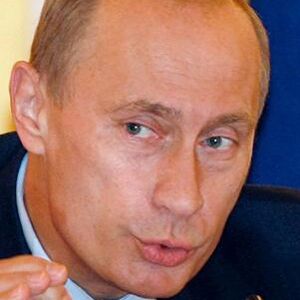
April to See Formation of Natural Gas OPEC
Russia is forging ahead with the creation of a natural gas cartel, or a “gas opec,” it appears. In spite of Moscow denying for months such plans exist, Russian daily Kommersant reported March 19 that natural gas exporting countries have agreed to establish a gas consortium. “Last week vague conversations about the possible creation of a natural gas opec suddenly took off into the realm of the actual,” the paper stated.
The proposal has been batted about for almost four years now, getting mixed reviews from the proposed members and frantic “I hope not” finger-crossing from the European Union. After months of analysts guessing and Russia stutter-stepping, the agreement to launch the cartel is expected to be signed on April 9 in Doha, Qatar.
The founding countries, Russia, Iran, Qatar, Algeria and Venezuela, together control 60 percent of the world’s natural gas reserves. If all the current members of the Gas-Exporting Countries Forum were to sign, the amount of gas controlled by the proposed cartel would exceed 70 percent of the world’s reserves.
Europe is less than enthusiastic about the plan. A gas cartel would leave much of the Continent in a very exposed position. After supply debacles involving Russian energy over the past 18 months, the EU is anxious to find alternative suppliers. If the major gas-exporting nations unite in one cartel, however, Europe would be at their mercy, forced to pay whatever price they named.
Should the gas cartel be successful—which some doubt, due to the differing national interests of gas-producing nations—Russia’s leverage over Europe will increase. Even just the prospect of such a gas monopoly, taken together with the bullying tactics of Russia’s state-owned Gazprom, is heightening tensions between Russia and Europe. Watch for Europe to become more aggressive in its search for alternative energy sources in the future.
